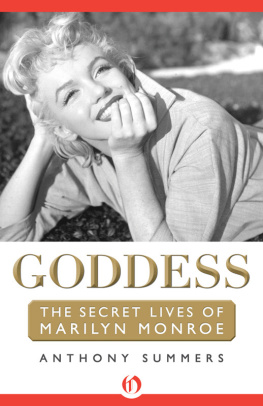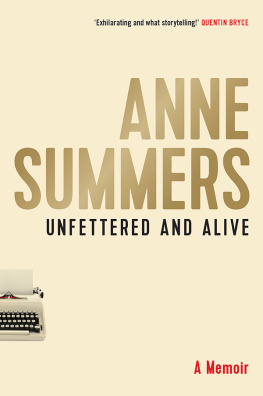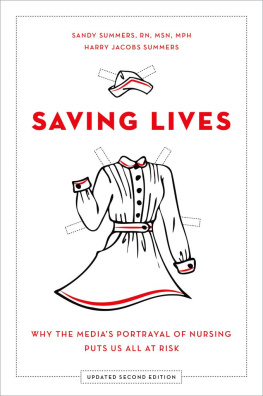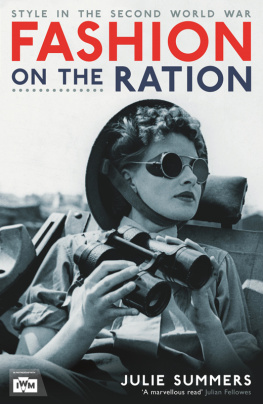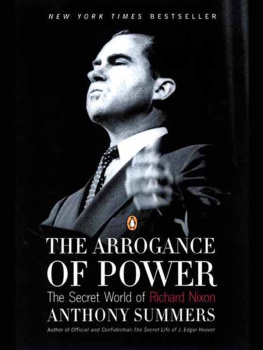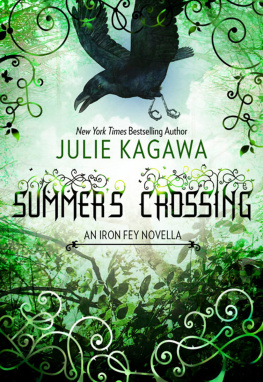To Helena Pozniak,
Mrs P, the bravest Polish lady I have ever known
GLOSSARY OF ABBREVIATIONS
ADC aide-de-camp
AI Air Intelligence
ARP Air Raid Precaution
ATS Auxiliary Territorial Service
CIGS Chief of the Imperial General Staff
DMO Director of Military Operations
EH Electra House
FANY First Aid Nursing Yeomanry
GHQ General Headquarters
GSO general staff officer
GS(R) General Staff (Research)
IO intelligence officer
MI(R) Military Intelligence (Research)
MI5 Military Intelligence (Security)
MI6 Military Intelligence (Intelligence)
MOI(SP) Military Operations (Special Projects) [cover name for SOE]
MTI Military Training Instruction
NAAFI Navy, Army and Air Force Institutes
NID(Q) [cover name for SOE]
NORCAP National Organisation for Counselling Adoptees and Parents
OB Observational Base
OSS Office of Strategic Services [USA]
RASC Royal Army Service Corps
SAS Special Air Service
SDS Special Duties Section
SIS Secret Intelligence Service, alternative name for MI6
SOE Special Operations Executive
STS special training school
TRE Telecommunications Research Establishment
VAD Voluntary Aid Detachment
WVS Womens Voluntary Services
INTRODUCTION
An Invasion of Privacy
On 30 April 1940, Mrs Frances Cameron-Head received the unwelcome news that her home in north-west Scotland was needed for use by the military. She was in London at the time but hotfooted her way north as fast as wartime travel would allow. When I arrived at Lochailort station there were only two officers who said the castle was half emptied and that they had no accommodation for me and I could not go to it. They have taken my three garages and planted tents everywhere, even in the middle of the farmyard without any permission from me
When she wrote those anguished words to her friend, Donald Cameron of Lochiel, she could not have known that she would never again set foot in her ancestral home, Inverailort Castle in the west Highlands. Her property had been requisitioned under the Defence (General) Regulations 1939 made under the Emergency Powers (Defence) Act 1939, passed in Parliament on 24 August, the day after the NaziSoviet Pact was announced. It gave the government sweeping powers to make regulations as appear to be necessary or expedient for securing the public safety, the defence of the realm, the maintenance of public order and the efficient prosecution of any war in which His Majesty may be engaged, and for maintaining supplies and services essential to
The details of the act were of no interest to the eighty-one-year-old widow. All she knew was that she urgently needed somewhere to stay and that her home was no longer available. It must have been a very bitter situation for her. She was not alone. Many thousands of people, from dukes in castles to families in four-bedroom houses in the countryside, in coastal towns or Highland glens were ousted from their dwellings some temporarily, others for the duration. A few, like Mrs Cameron-Head, never lived in their homes again. That the vast majority of people gave up their properties without formal complaint shows just how powerful the governments powers were but also that people realised they had to pull together in a time of national emergency.
I first became interested in the subject of what happened to houses that were requisitioned, to the people who were evicted and to their wartime guests when I was on a visit to Harrogate with my nineteen-year-old son, Richard. I had always believed that my paternal great-grandfather, Harry Summers, had spent his twilight years living in the Majestic Hotel, dying there in January 1945. So I decided to visit and see if there were any traces of the long-term guest arrangements. The hotel lives up to its grand name, dominating the town from its site halfway up the hill and looking as much like a French chteau as an English hotel. It was opened in 1900 and boasted a lounge that ran the full length of the ground floor and a magnificent winter garden. It earned the nickname the Yorkshire Crystal Palace. I can remember thinking it was very grand for my Victorian great-grandfather.
At the outbreak of the Second World War the hotel was requisitioned by the government and the intention was to move the Air Ministry into the building. All long-term residents, many of them retired army officers, were required to vacate the Majestic and find lodgings elsewhere. However, this turned out to be a temporary measure as the expected national emergency did not happen and no bombs fell on London that autumn. The hotel received permission to reopen and by Christmas some of the long-term residents had returned. It later became an RAF Personnel Reception Centre for 850 sergeant pilots.
As it happened, Harry Summers had not lived in the Majestic Hotel but in the Prince of Wales, at the junction of York Place and Parliament Street opposite The Stray such is the inaccuracy of family memories. The building is no longer a hotel but a block of luxury flats called Prince of Wales Mansions. It does not appear to have been taken over during requisitioning and my grandfather died at the hotel in January 1945 aged 80.
Nevertheless, my visit to the Majestic Hotel kindled questions in my mind about the extent of house requisitioning during the war. How were they selected? Did the owners have any choice but to hand them over? Where did they go? Who were the uninvited guests who came in such numbers? And what happened to the houses after the war? As I began to research the answers, I saw a complex and fascinating picture developing far more colourful and fast-changing than I had imagined. It is a story that involves some startling, interesting, funny and dangerous characters and that, for people who know me and my work, is really what piqued my interest.
This book is not a charting of thousands of houses that were requisitioned during the war, although there will be some statistics that will give the broad-brush picture, but rather a series of individual, secret histories of houses that saw action between 1939 and 1945 that ran counter to anything that had been experienced in their long and often colourful pasts. And because walls cannot talk, the heart of this book beats with the stories of people who occupied the houses during the war and the owners who shared their properties with these guests, and who were to live through years of dislocation, uncertainty and, for some, great loss.
Over the course of the Second World War, over 3.5 million evacuees fled to the countryside at one time or another in search of safety from the threat of German bombing. There were three significant waves of evacuation: one in September 1939, a second in June 1940 as a result of the fall of France and fear of a German invasion and a third in 1944 as those in London and the south-east fled the V-bombs. By 1945, over 2 million servicemen and women had arrived from abroad to help the Allies win the war. They came from all over Europe, from the Commonwealth and from the United States of America, who sent over 1.5 million GIs. The Post Office recorded 38 million changes of address over the course of the war, and that for a population of 38.5 million people. The impact of air attack on the capital and other cities meant that only 12 per cent of married couples could expect to be living in a home of their own by the end of the war. To put it mildly, this represented a monumental upheaval and reshaping of the status quo and makes for untidy history.


